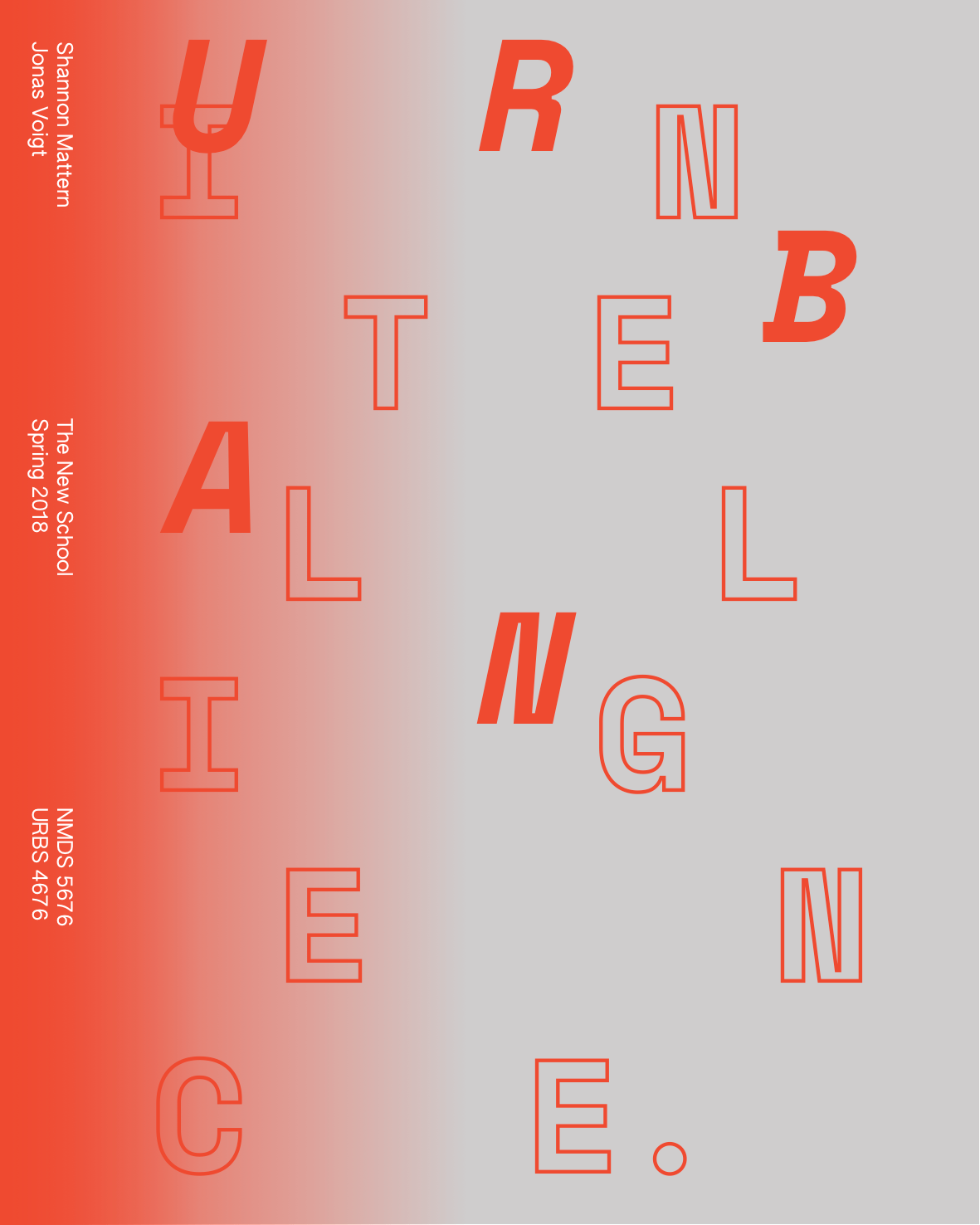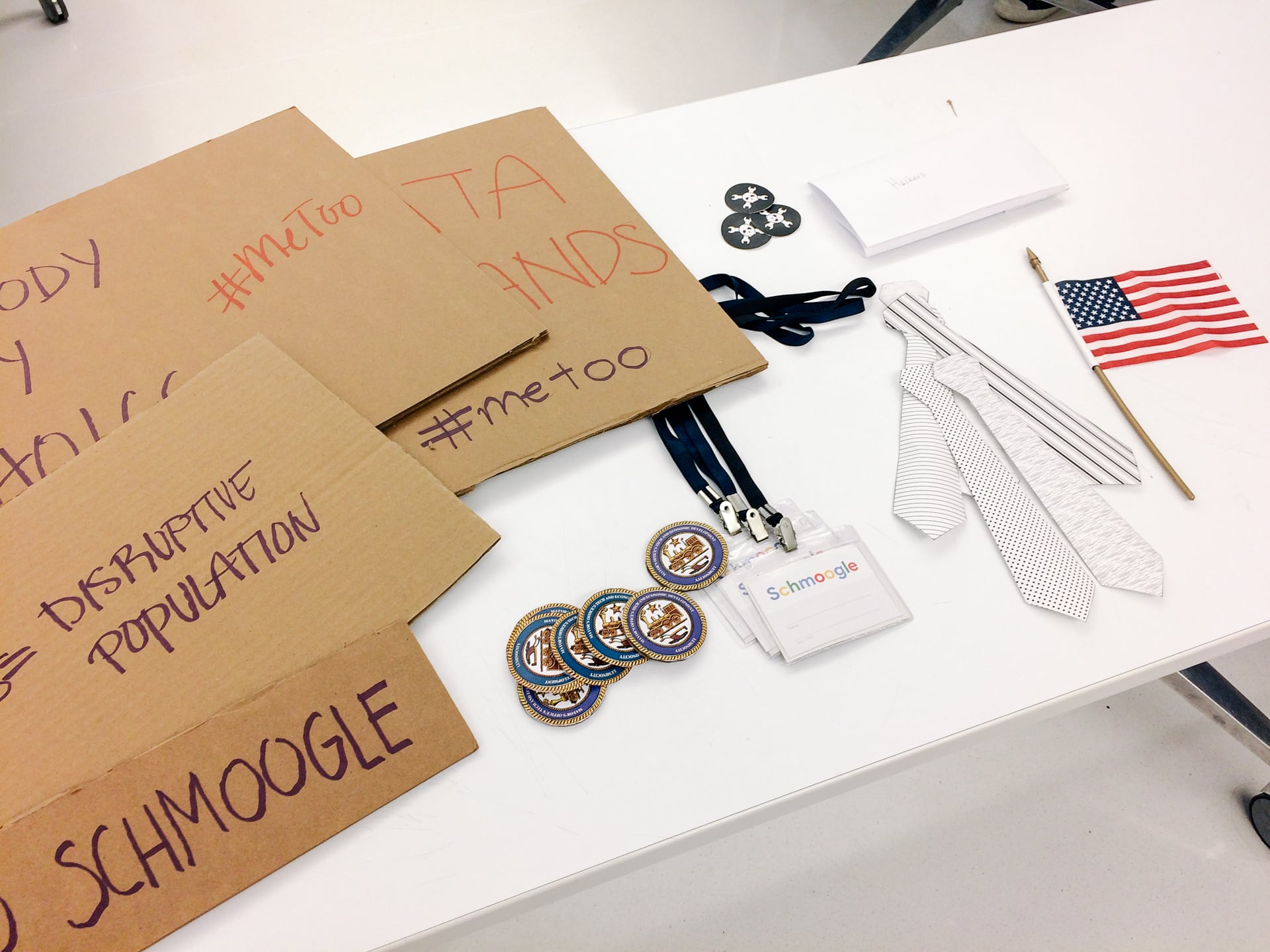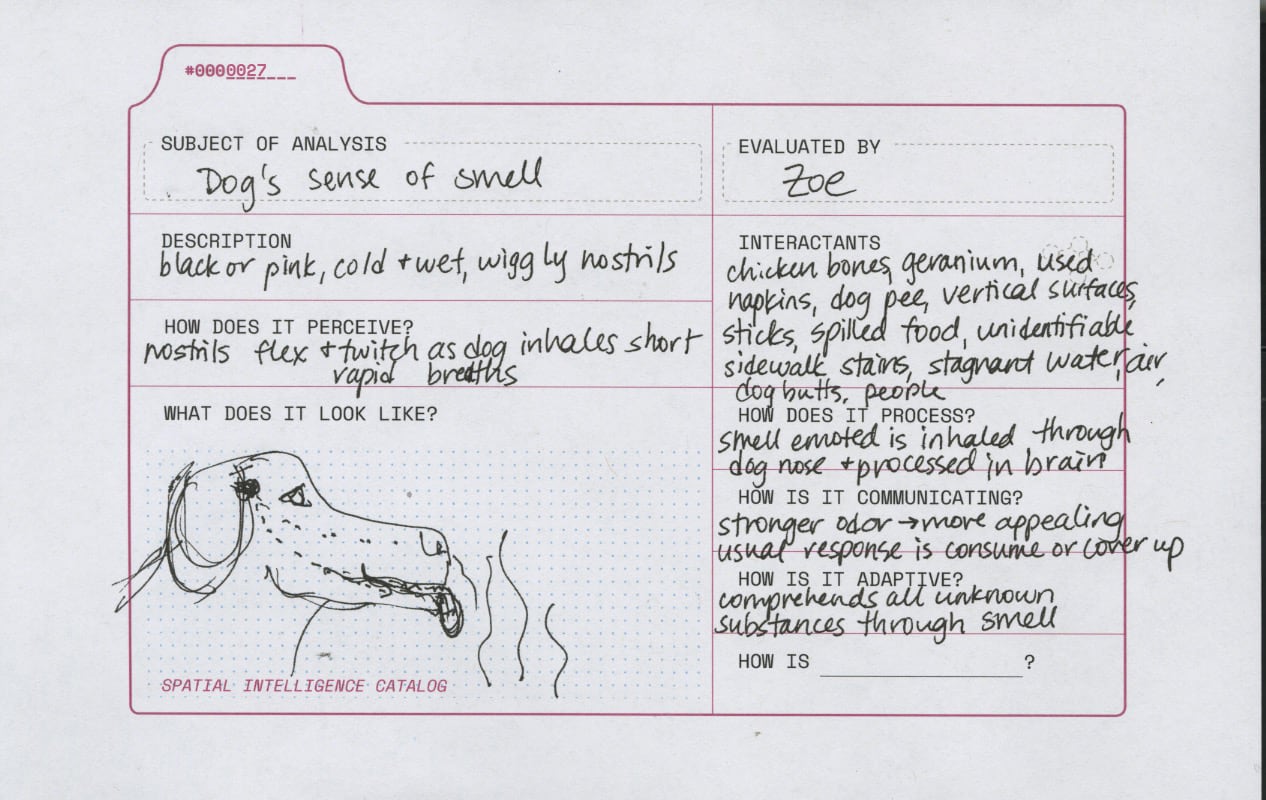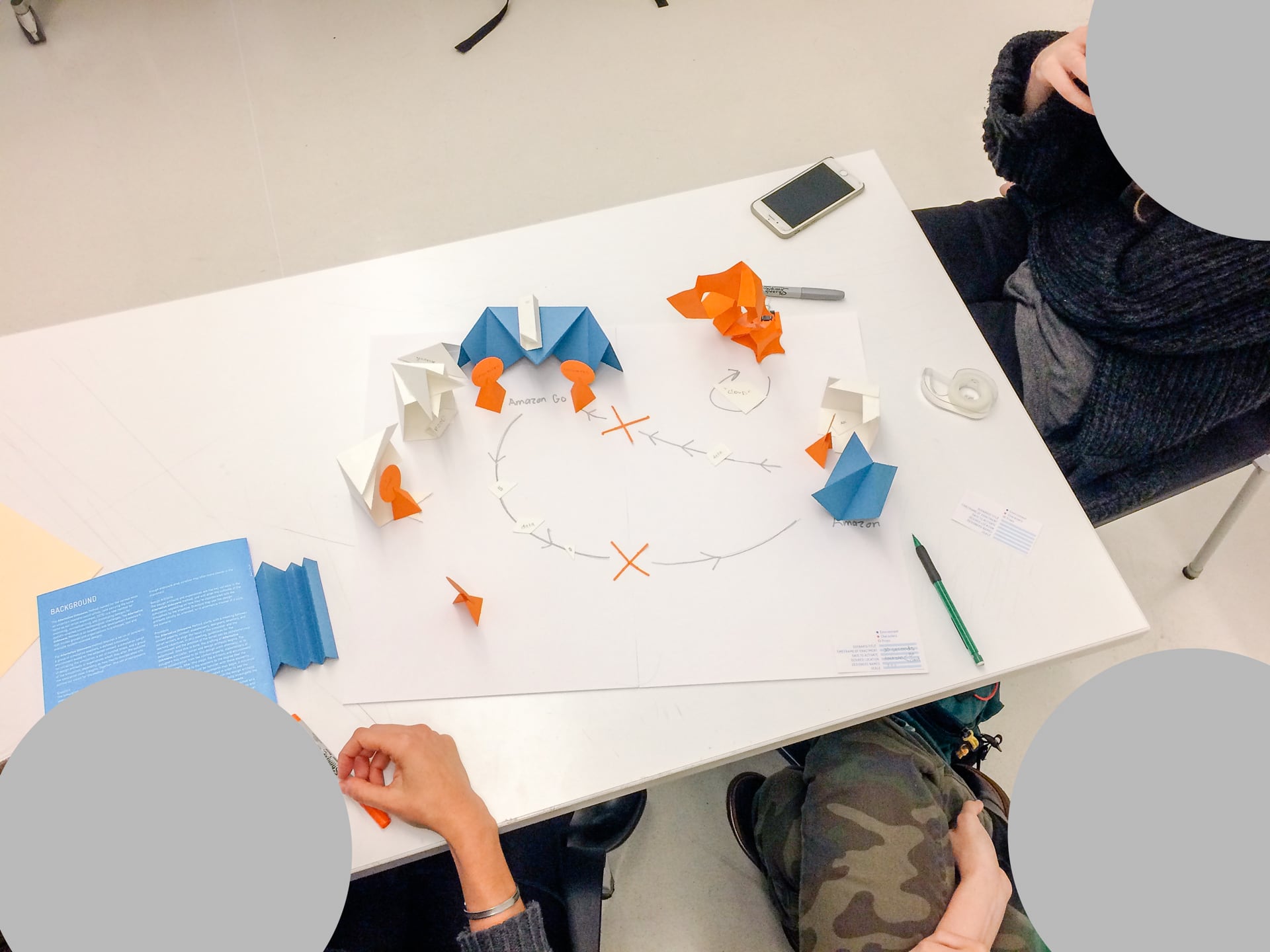






Urban Intelligence
Teaching, 2018
Description
We live amidst real-time data flows, with sensors measuring everything from air quality to traffic, with our own smart phones yielding information about our whereabouts and activity levels, with buildings reporting on their own energy consumption and maintenance. This urban “intelligence” ostensibly allows for the optimization of our environments and our selves – for the production of “smart cities” and smart citizens.
In this hybrid theory-practice studio we’ll examine how the methods of data science and the tools of computational intelligence shape our civic values and urban imaginaries, and condition the work of urban design and administration. We’ll also assess the consequences – for the material environment, for urban citizenship, for quality of life, etc. – when data and efficiency drive design and development decisions. We’ll explore not only how “smartness” is operationalized in such new urban developments, but also what other kinds of intelligence have long been present in our cities.
Students, individually or in small groups, will develop “urban intelligence test kits” – IQ tests, guidebooks, measurement instruments, field kits, etc. – to evaluate how human, other-species and machine logics, intelligences, and values are integrated and negotiated in our urban environments.
Learning Objectives
- Learn about various theories of “intelligence,” examine how epistemologies are operationalized through different methodologies and materialized in design and administrative processes, and consider how they shape our urban imaginaries
- Explore the connections between research methods, design strategies, politics, and cultural values
- Assess the politics and economics of data, the ethics of sensing and monitoring technologies, the environmental impacts of design, and the qualities of cities that make them livable and inclusive
- Model, and advocate for, a more inclusive, interdisciplinary, methodologically varied, critical approach to city-building – particularly in an age characterized by the fetishization of data, the reification of algorithms, and the privileging of growth and efficiency as prime urban and civic virtues.
References
— Shannon Mattern
— Syllabus
— Final Projects
Credits
Special thanks to Shannon Mattern, and Jack Wilkinson.